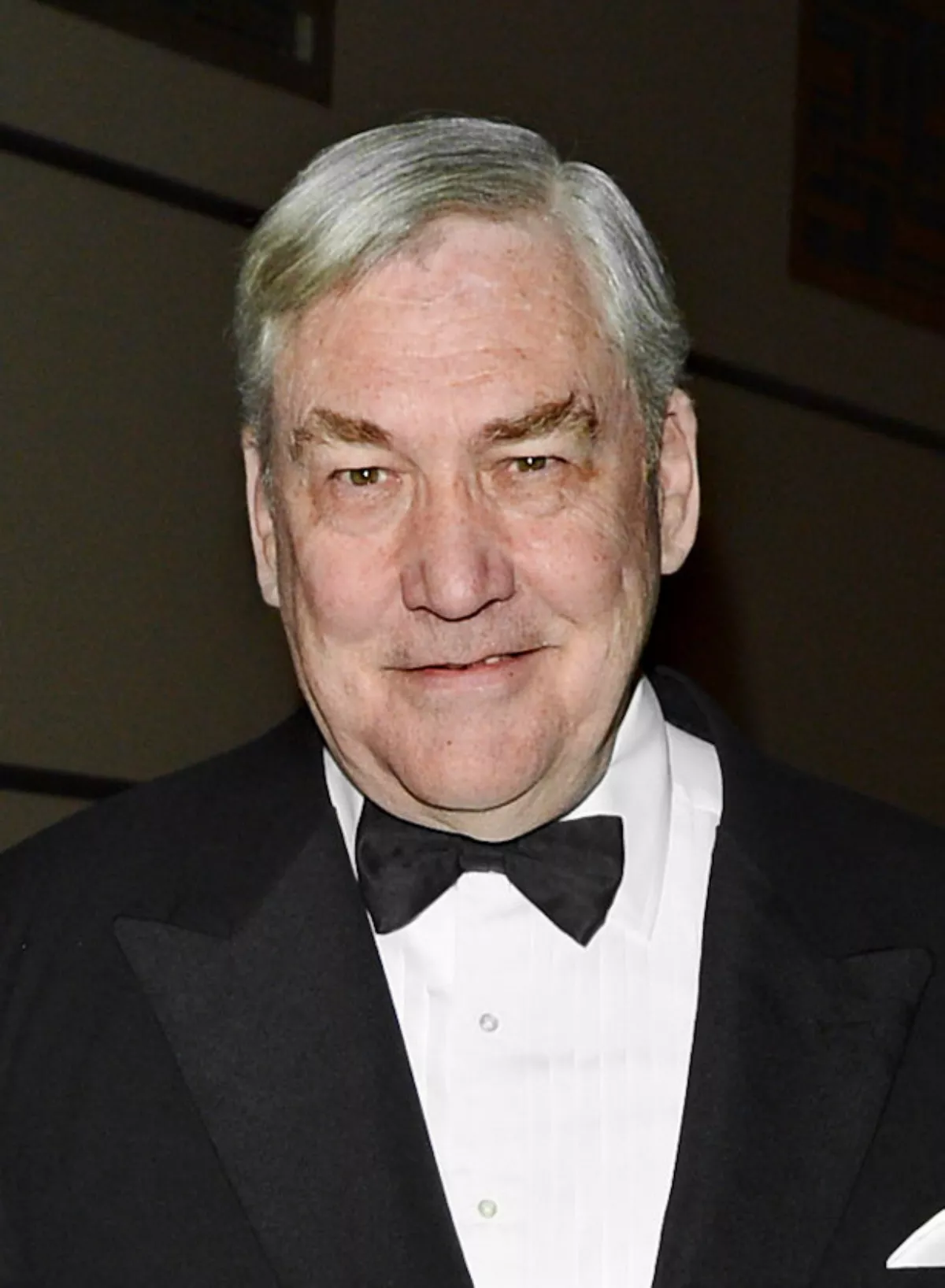 1.
1. Conrad Black controlled Hollinger International, once the world's third-largest English-language newspaper empire, which published The Daily Telegraph, Chicago Sun-Times, The Jerusalem Post, National Post, and hundreds of community newspapers in North America, before controversy erupted over the sale of some of the company's assets.